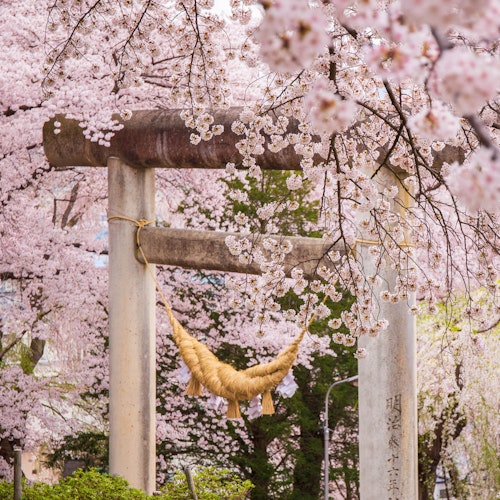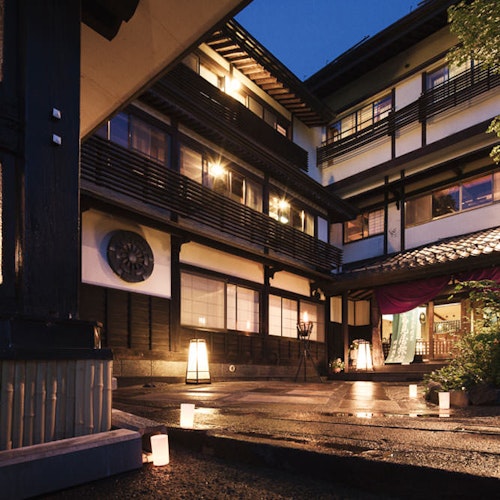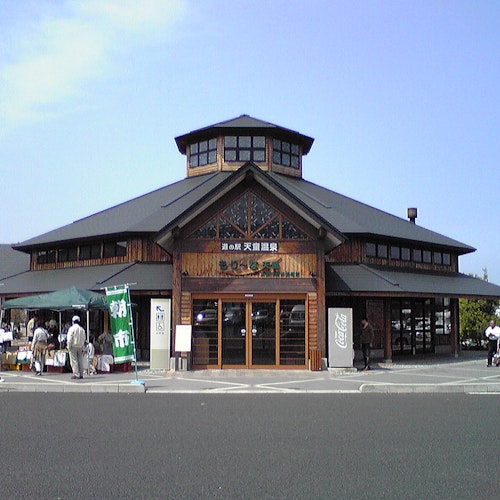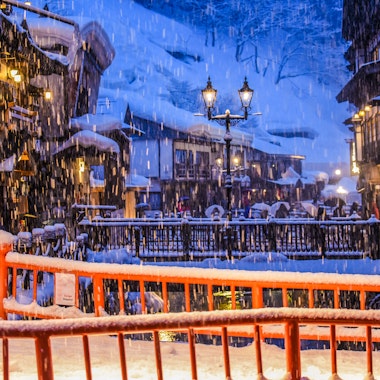
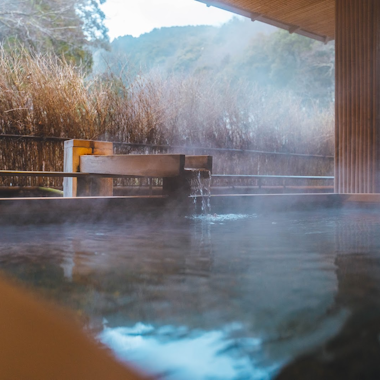
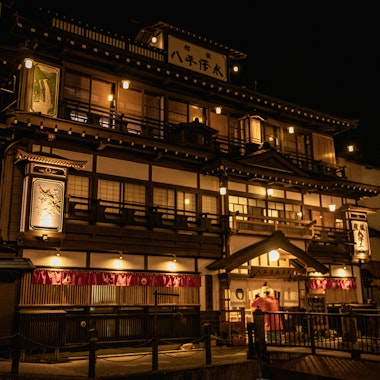
Ginzan Onsen is founded on the site of a former silver mine in rural Yamagata Prefecture, representing one of Japan's most atmospheric hot spring destinations. The town's name literally means "silver mountain," referencing its origins as a silver mining area that once contributed about one-third of the world's silver production. The settlement transformed from a working mine into a spa destination approximately 400 years ago, creating a unique fusion of industrial heritage and traditional onsen culture.
The town's distinctive character stems from its Taisho Era architecture (1912-1926), featuring multi-story wooden ryokan constructed with bare timber framing and white plaster walls. No modern buildings exist within the town, preserving an authentic early 20th-century atmosphere that has made Ginzan Onsen a popular filming location for Japanese dramas and inspired Studio Ghibli's aesthetic. In 1985, the remains of Nobesawa Silver Mine were designated as a National Historic Site, while several ryokan buildings hold national cultural property status.
Visitors experience a living museum of traditional Japanese hospitality through the town's historic wooden inns lining both sides of the Ginzan River. The settlement features two secluded public bathhouses (rotenburo), including one designed by renowned architect Kuma Kengo, plus a foot bath (warashiyu). Evening illumination by gas street lamps creates the town's signature romantic atmosphere, while winter snow enhances the nostalgic ambiance. Beyond the hot springs, guests can explore mining heritage sites, walk riverside paths, and venture to nearby waterfalls during warmer months.
Reach Ginzan Onsen by taking JR trains to Oshida Station, then transferring to the Obanazawa Bus "Ginzan Line" operated by Nagasa Bus for a 30-40 minute ride. Bus fare costs 1,000 yen for adults and 500 yen for children, with cash-only payment required. Buses run infrequently, making schedule consultation essential. From December 2024 to March 2025, day-trip visitors face restrictions with admission limited to 100 people per hour and entry prohibited between 4 PM and 10 AM. Overnight guests at registered accommodations remain exempt from these restrictions.
